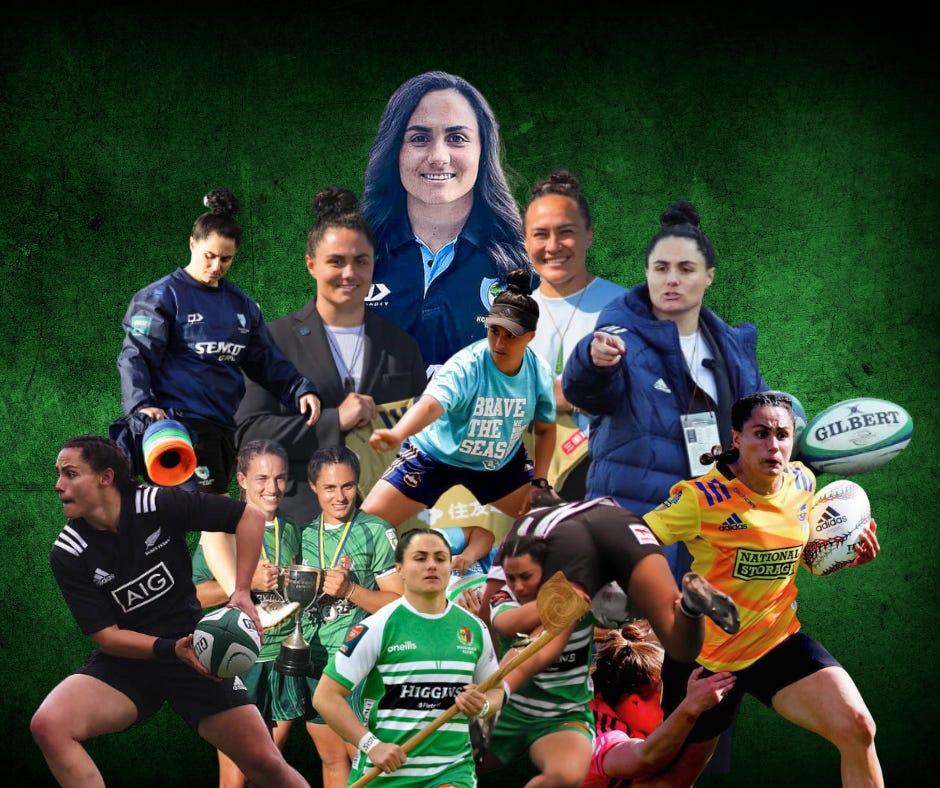I have known Janna Vaughan in the same way I have known many players from Manawatū. For a long time, she was my neighbour in the Farah Palmer Cup. But in the more modern way, where might give each other a nod on the driveway but aren’t popping around to each others houses asking for cups of sugar.
I’ve been watching her though. Peeping through the windo…




